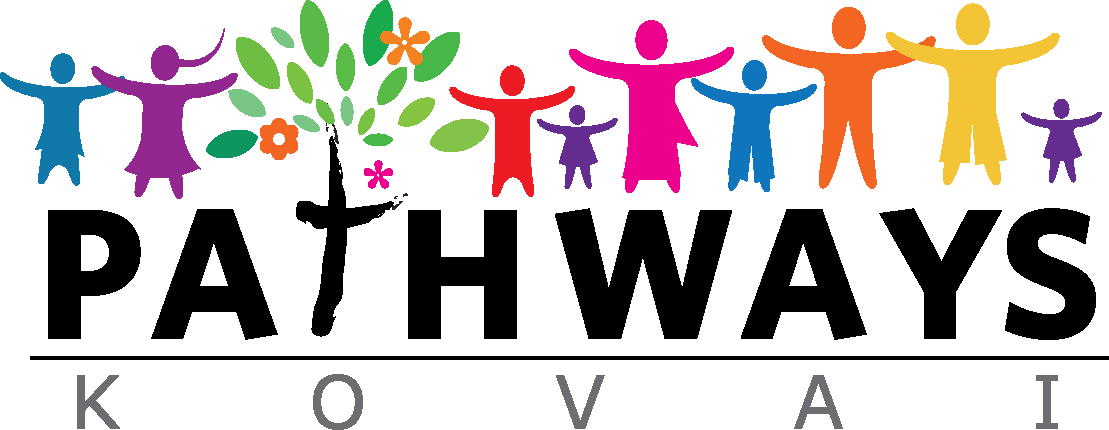
Dr Suhas Chandran
MD Psychiatry, PDF Child and Adolescent Psychiatry
Dr Suhas Chandran is a member of the early career group of the International Association for Child and Adolescent Psychiatry and Allied Professions (IACAPAP) and the World Association of Social Psychiatry (WASP). He is an adjunct Faculty, Centre for Advanced Research and Excellence in Autism and Developmental Disorders (CAREADD) at St. John’s Bangalore and the Project Lead on “The Teenager-Young Adult Autism Program (TYA)” and “The Gut Microbiome & Metabolomic program in ASD”.
Dr Suhas Chandran coordinates the Post Doctoral Fellowship in child and adolescent psychiatry under the Rajiv Gandhi University of Health Sciences, Karnataka (2023- current). Apart from training post-doctoral fellows in child psychiatry, he is involved in the training of psychiatry residents, paediatric residents, medical students and nursing students at this university in child and adolescent mental health. He has had over 82 scientific publications published in peer reviewed indexed International and National medical journals, 9 book chapters as well as 8 edited books to his credit.
Dr Suhas Chandran’s areas of special interest include clinical services & research projects in eating disorders in adolescents, home based & community-based interventions for adolescents with Autism, Gut-Brain axis in autism, Grief in children, Tourette’s syndrome, family system based interventions in child psychiatry, health anxiety by proxy in mothers, Disorders of sexual development and Gender Dysphoria in adolescents.
Dr Suhas Chandran is the recipient of Early career Award from the World Association of Social Psychiatry (WASP) and the Royal College of Psychiatrists (RCPsych, UK) at the Joint Congress, London, 2023, Donald J Cohen Fellow, International Association for Child and Adolescent Psychiatry and Allied Professionals (IACAPAP), Rio, 2024 and the Advanced in Country Research Award: From the University of Pittsburgh & National Institute of Mental Health (NIMH) for A Multi-centre Trial to Evaluate Efficacy of Electronic-Based Psychosocial Interventions on Suicide Risk in Adolescents.
